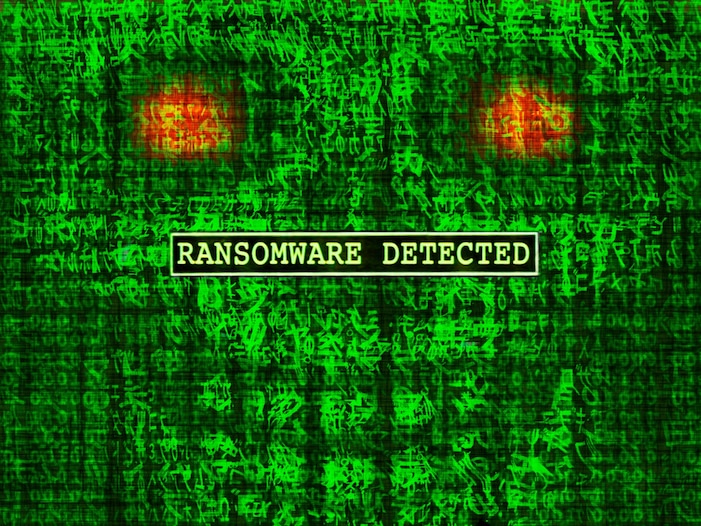In today’s digital age, seniors aged 55 and up are increasingly connected to the online world. While the internet offers a wealth of information and opportunities, it also comes with the risk of cybercrimes, ransomware attacks, and identity theft. Protecting yourself online is crucial, and this checklist will guide you through essential steps to stay safe and secure in the digital realm. With the growing popularity of artificial intelligence, bad actors are upping their game and getting very clever!
If you need help staying secure, ask for help!!
1. Keep Your Devices Updated: Regularly update your computer, smartphone, and tablet operating systems and applications. These updates often contain security patches that can protect against vulnerabilities exploited by cybercriminals.
2. Strong Passwords: Create strong, unique passwords for each online account. Use a combination of letters, numbers, and symbols. Consider using a reputable password manager to keep track of your passwords securely.
3. Two-Factor Authentication (2FA): This one really is a MUST! Enable 2FA whenever possible. This adds an extra layer of security by requiring you to enter a one-time code sent to your phone or email when logging into accounts.
4. Beware of Phishing: Be cautious about unsolicited emails, messages, or phone calls. Cybercriminals often use phishing scams to trick you into revealing personal information. Verify the sender’s authenticity before clicking any links or providing sensitive information.
5. Secure Wi-Fi Connection: Ensure your home Wi-Fi network is password-protected. Avoid using public Wi-Fi for sensitive tasks like online banking or shopping.
6. Regular Backups: Back up your important data, such as photos and documents, to an external hard drive or a cloud-based service. This protects your information in case of ransomware attacks.
7. Safe Online Shopping: Only shop from reputable websites with secure payment options. Look for “https://” in the website’s URL and a padlock symbol in the address bar to ensure a secure connection.
8. Privacy Settings: Review and adjust the privacy settings on your social media accounts to control who can see your personal information and posts.
9. Email Safety: Be cautious when opening email attachments or clicking on links, even if they appear to be from someone you know. Cybercriminals can spoof email addresses.
10. Financial Security: Monitor your bank and credit card statements regularly for any suspicious activity. Report unauthorized transactions immediately to your financial institution.
11. Shred Important Documents: Shred documents containing personal or financial information before disposing of them to prevent identity theft.
12. Educate Yourself: Stay informed about the latest online threats and scams. Websites like StaySafeOnline.org and AARP’s Fraud Watch Network offer valuable resources.
13. Regularly Check Credit Reports: Request free credit reports from the major credit bureaus annually to ensure there are no unauthorized accounts or suspicious activities under your name.
14. Stay Cautious on Social Media: Be mindful of sharing personal information, like your full birthdate, on social media platforms. Cybercriminals can use this information for identity theft.
15. Practice Healthy Skepticism: Treat every email as a potential phishing attempt until proven otherwise. Cybercriminals are becoming increasingly sophisticated in their tactics, and even seemingly legitimate emails can be fraudulent. Verify the authenticity of email senders, especially if they request sensitive information or financial transactions. When in doubt, contact the organization directly using official contact information rather than clicking on email links or attachments. This cautious approach can help you stay one step ahead of phishing scams and protect your personal information online.
16. Use Antivirus Software: Install reputable antivirus software on your devices to protect against malware and viruses.
By following this cybersecurity checklist, everyone can significantly reduce the risk of falling victim to online cybercrimes, ransomware attacks, and identity theft. Remember that staying vigilant and informed is key to enjoying the benefits of the internet while keeping your personal information safe and secure.
Semper Fi

 Our legacy lives through the stories we tell. The Suck Life wants yours! Make Chesty proud!
Our legacy lives through the stories we tell. The Suck Life wants yours! Make Chesty proud!



 Semper Fidelis
Semper Fidelis

